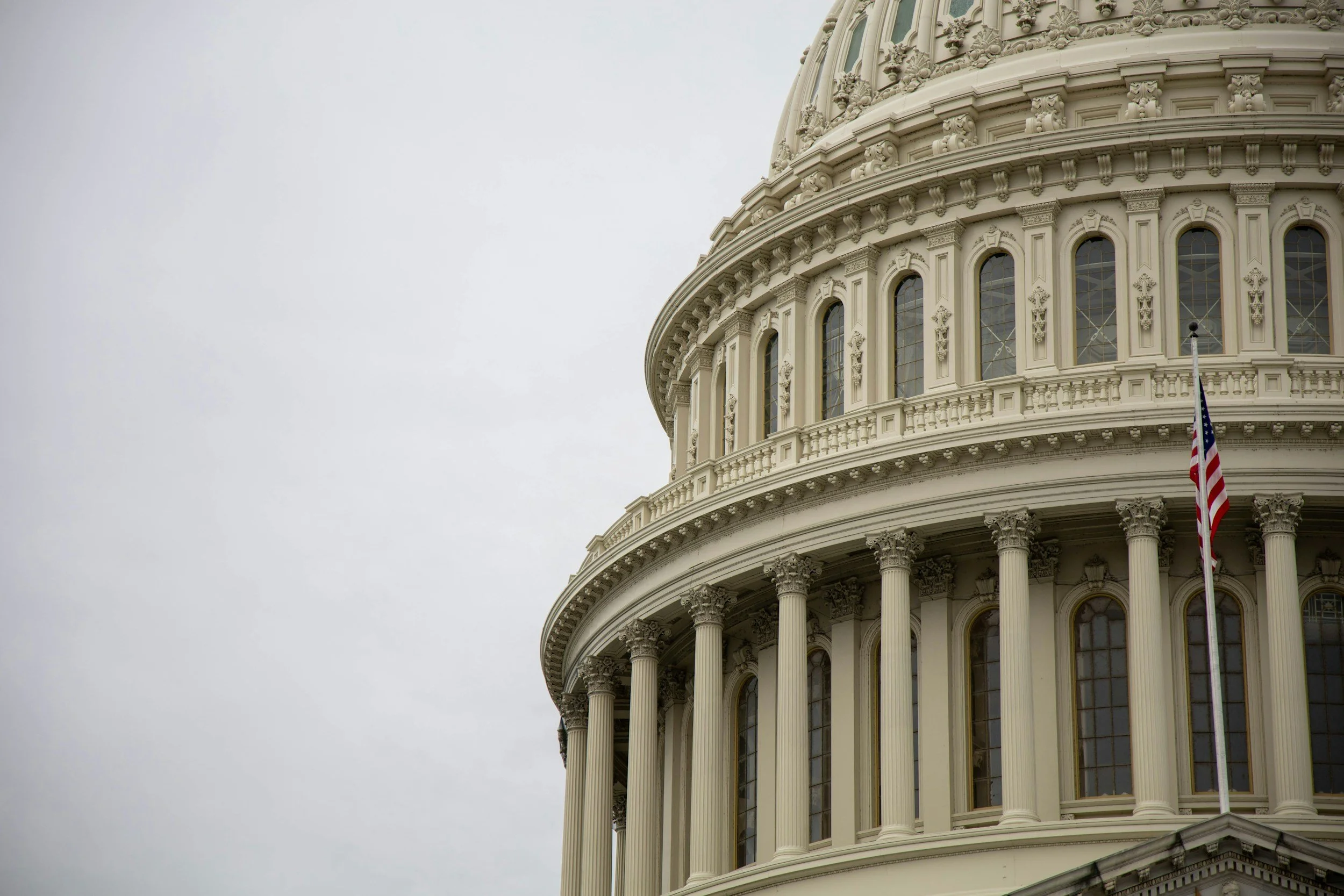The Department of Homeland Security (DHS) has announced a new process under which citizens of Cuba, Haiti, Nicaragua, and Venezuela, along with their immediate family members, can request to come to the United States. Under the new process, qualified beneficiaries who are outside of the United States and do not have U.S. entry documents may be considered on a case-by-case basis for advanced authorization to travel and a temporary period of parole for up to two years for urgent humanitarian reasons or significant public benefit.
To qualify for these benefits, eligible beneficiaries must meet all the following requirements:
Be outside of the United States;
Be a citizen of Cuba, Haiti, Nicaragua, or Venezuela; or someone who is the spouse, common-law partner, and/or unmarried child under the age of 21 of a citizen of such countries, and who is traveling alongside the citizen;
Have a U.S. based supporter that has filed a Form I-134A on their behalf that USCIS has vetted and confirmed;
Have a valid and unexpired passport;
·Provide for their own commercial travel to an air U.S. Point of Entry and final U.S. destination;
Comply with all additional requirements, including vaccination requirements and public health guidelines;
Show that a grant of parole is warranted.
Please note that citizens of the above-mentioned countries will be ineligible to apply for these new processes if they:
Are dual nationals, permanent residents, or refugees of another country unless DHS has a similar parole process for the other country’s nationals. This requirement does NOT apply to immediate family members (spouse, common-law partner, or unmarried child under the age of 21) of an eligible citizen of Cuba, Haiti, Nicaragua, or Venezuela with whom they are traveling.
·Have been ordered removed from the U.S. within the past five years or are subject to a bar of inadmissibility based on a prior removal order.
Have crossed irregularly into the United States, after the date the process was announced (for Venezuelans after October 19, 2022, and for Cubans, Haitians and Nicaraguans after January 9, 2023).
Have irregularly crossed the Mexican or Panamanian border after the date the process was announced (for Venezuelans after October 19, 2022, and for Cubans, Haitians and Nicaraguans after January 9, 2023).
Are under 18 and not traveling through this process with a parent or legal guardian, and as a result the CBP officer would determine to be an unaccompanied child.
For more information about this process, we encourage you to visit USCIS’s webpage as well as USCIS’s webpage with frequently asked questions.





